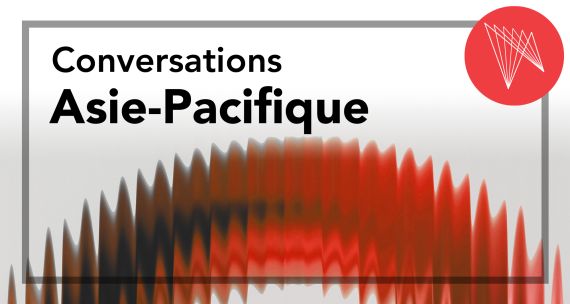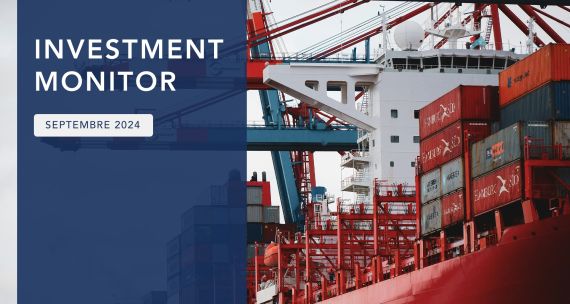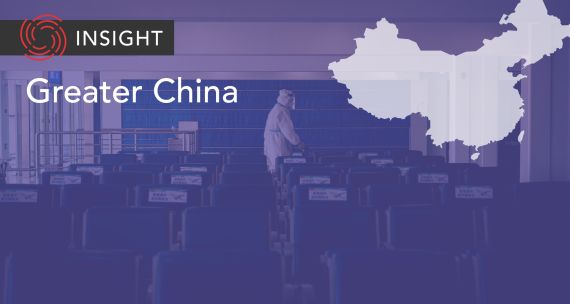Zodov Dolgor has been in self-quarantine since January. A 70-year-old Mongolian woman with chronic hypertension, she forgoes nearly all social interaction out of concern for her personal health and in line with her government's strict directives to prevent the spread of COVID-19. Recently, she's been struggling with loneliness and depression, but remains committed to staying indoors.
Landlocked between Russia and China, Mongolia has been virtually locked down since early January when its government made the unpopular decision to close schools and daycares, to limit inbound and outbound travel and to cancel New Year's celebrations. Early on that was criticized, but these now-lauded measures have kept the number of COVID-19 cases in the country to 31 (as of Friday).
Lessons learned from Mongolia? Strict, enforced measures around social distancing and self-isolating work, particularly when citizens consider it as their civic duty to prevent the spread of disease. Also, extended periods of mandatory self-isolating have a clear human cost — any comprehensive response to the COVID-19 challenge must address issues including mental health and resiliency.
Singapore is using its military to identify and trace individuals who may have been exposed to the coronavirus. Public health officials follow up with house calls to ensure self-quarantining.
Taiwan is using a data-centric approach to minimize the coronavirus' spread, drawing on myriad databases to identify individuals at high risk of past exposure. Public health officials then send tailored alert messages to individuals outlining steps for treatment and/or isolation.
As of April 7, South Korea had conducted more than 477,000 COVID-19 tests, or one test for every 108 of its citizens. The country's aggressive testing strategy, supported by a robust information campaign including multiple daily text messages to all South Koreans identifying COVID "hot spots," has helped the country avoid the widespread economic disruption and school closures that characterize much of the Western world's responses.
In Wuhan, China, doctors and nurses have developed strict protocols to prevent infection among hospital staff. Chinese health-care professionals are now more likely to catch COVID-19 at home than at work. To their credit, Vancouver-based health professionals have worked with health-care providers in Wuhan to learn from their experiences and to implement changes in hospital procedures.
As Canada works to develop an effective response to this unparalleled health challenge, the experiences from Asia, arguably, offer the best path forward. At a time when Western countries are faltering in their responses, Asian governments have emerged as the global leaders in the fight against COVID-19.
While provinces such as B.C. and Alberta compare favourably to South Korea in their approach to testing, indeed testing more residents per capitathan South Korea, they can still learn from Asian best practices on other important fronts including COVID-related communication strategies, the use of technology in COVID management and response, and “reopening” strategies. Moreover, as Canada must develop a national approach to COVID that supports provincial responses, Ottawa can learn much from Seoul, Taipei and Beijing.
The experiences coming from Asia are not only relevant because the region is somewhere between two and three months ahead of Canada in terms of its exposure and response, but also because Asian countries are leading the world in public health innovation, including how to manage a disease in a large population of senior citizens. This is not to suggest that Asian states are infallible — indeed, criticisms of China’s earliest attempts to play down the COVID crisis are valid — but rather to suggest Canada can learn as much from Asian countries’ failures as their successes.
Despite the benefits derived from observation of Asian nations' pandemic responses, the vast majority of comparative analysis in Canada instead focuses on Europe and the United States. The failure to look to Asian states as potential models for Canada is a failure to acknowledge standards that have emerged as international best practices around pandemic mitigation. Canada has far more to learn from the Chinese response to the coronavirus outbreak than to the American stop-and-start approach.
Neither is Asia's importance to Canada limited to policy ideas. Canada is dependent on Asian suppliers for its health-care supplies, including medical gloves, medical goggles, monitoring systems, hand sanitizers and diagnostic ultrasound systems (used for diagnosing COVID-19). Canada is particularly dependent on China for its health supplies — a dependency that points to the importance of continued engagement between our two countries.
Over the next several months, the Asia Pacific Foundation of Canada will work to translate Asian experiences around pandemic response and mitigation to the Canadian context. The Foundation’s analysts will examine policy statements, media reporting and social media accounts to provide useful intelligence through its Asia Watch publications to the Canadian public and private sectors around effective measures Asian states have used to address the coronavirus challenge.
At a time when Canada needs a whole-of-government and whole-of-society approach to deal with this unprecedented pandemic, the lessons drawn from Asia provide an important input into continuing deliberations.
Not all lessons will be applicable, of course, as Canada’s experience is unique. Yet the challenges Zodov Dolgor faces in Mongolia — her extended isolation, economic well-being, and emotional health — are universal. While there may be challenges Canada has yet to face, her present-day situation can provide us a window into the future. In learning from the challenges she faces, we can better prepare for challenges sure to come.
Jeffrey Reeves is vice-president of research for the Asia Pacific Foundation of Canada and an expert on economics, politics and security in Asia.
This piece first appeared in The Vancouver Sun on April 20, 2020.





